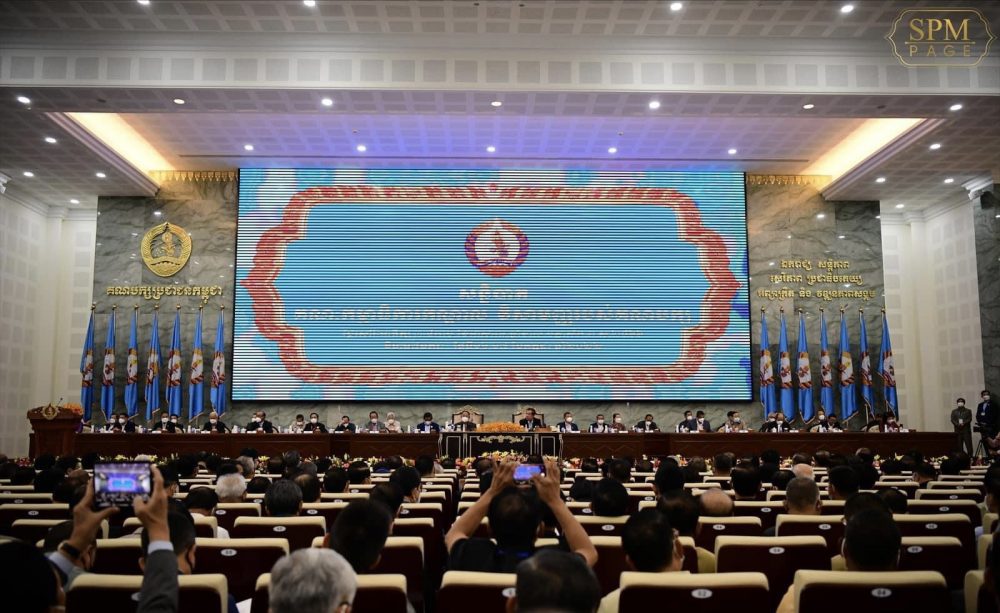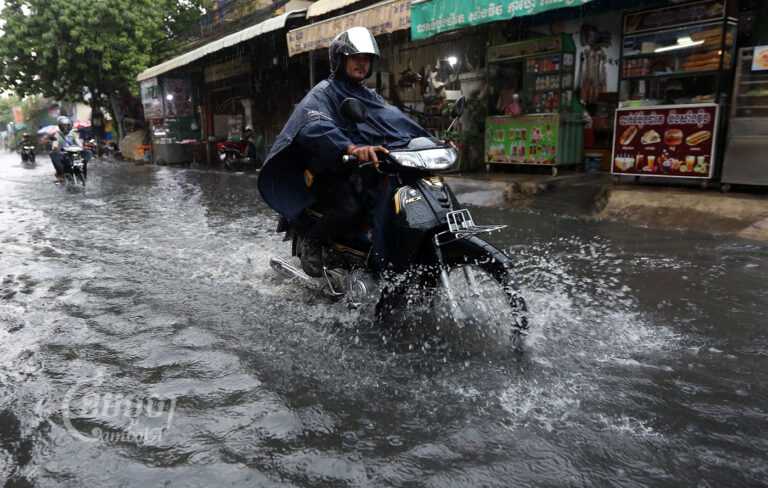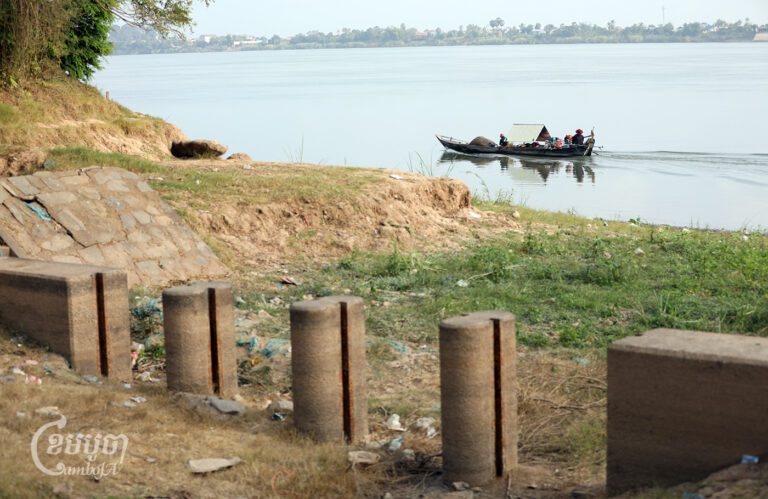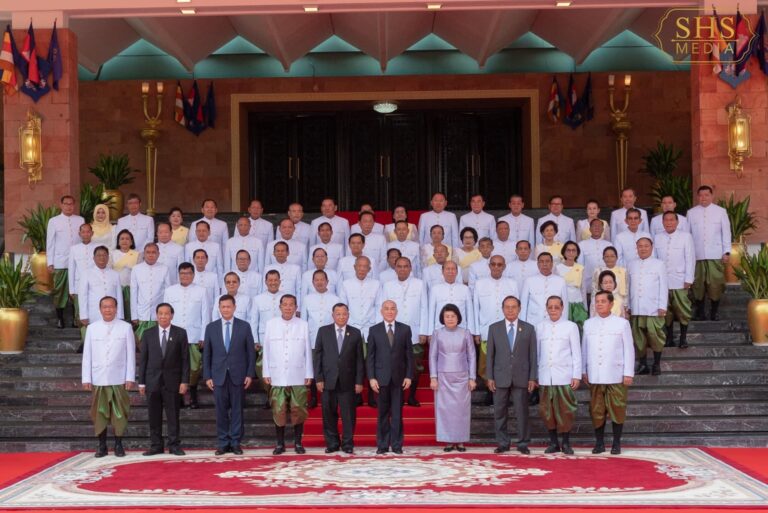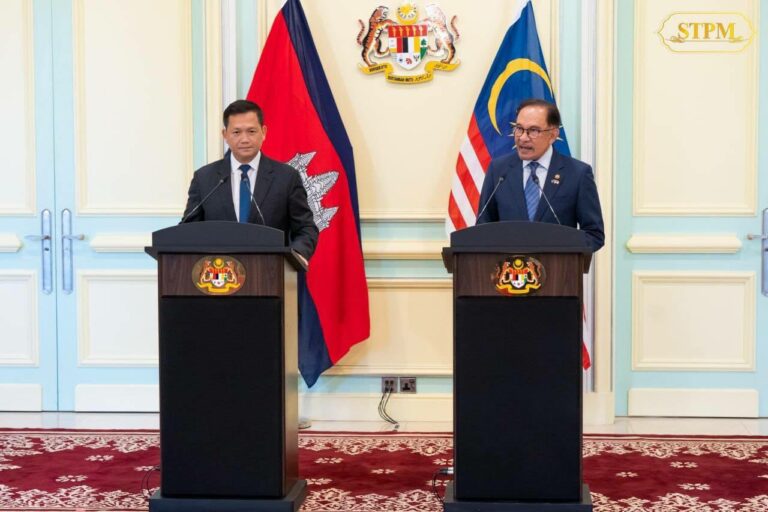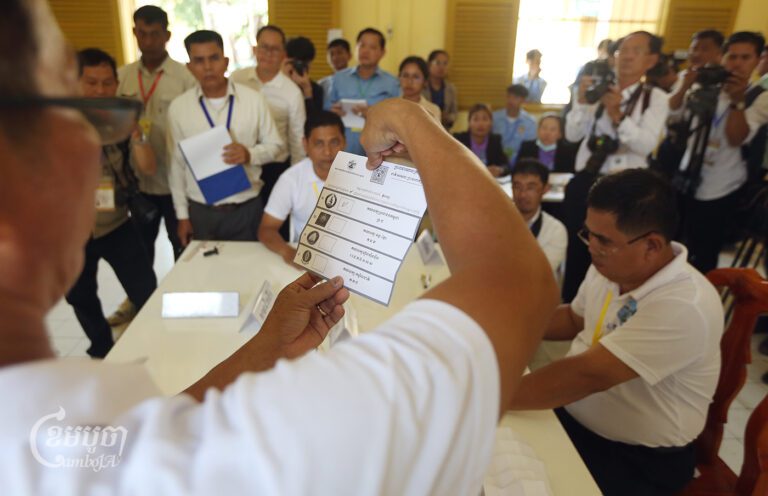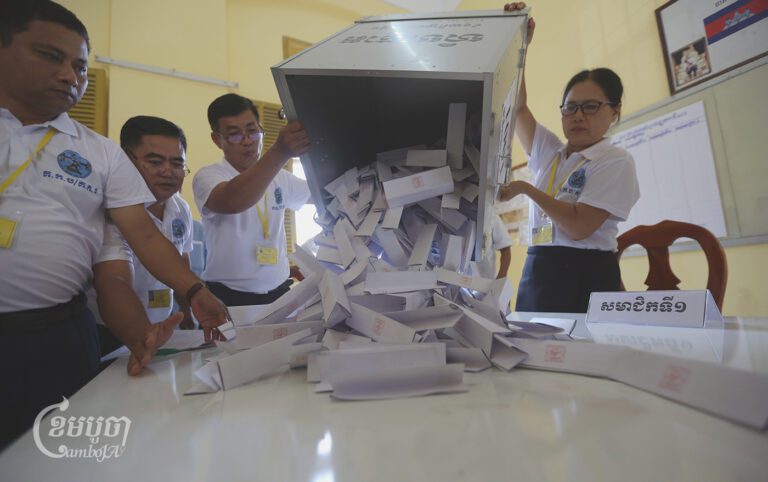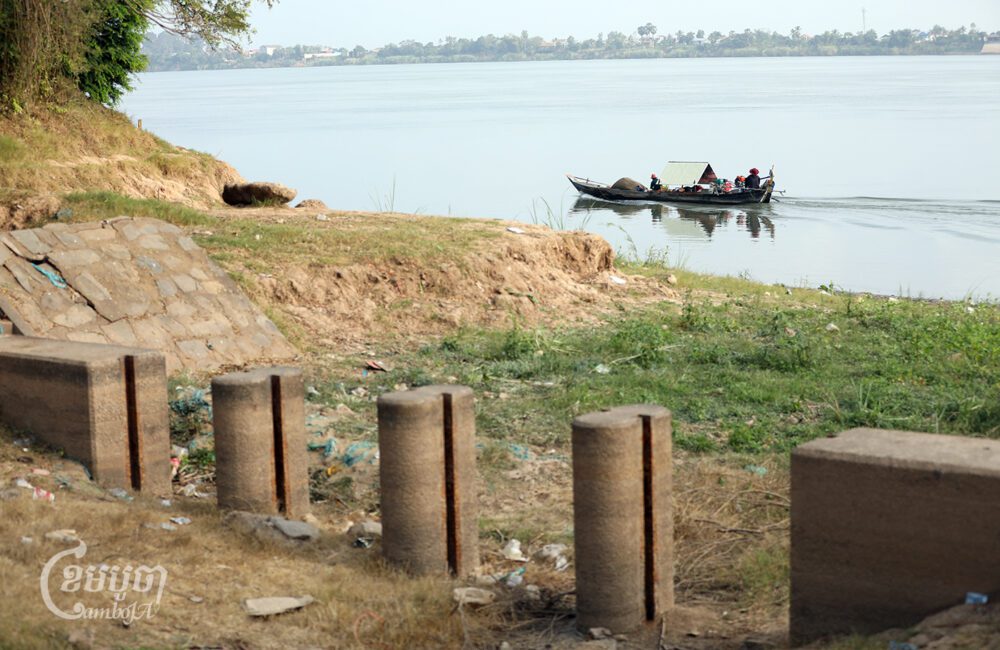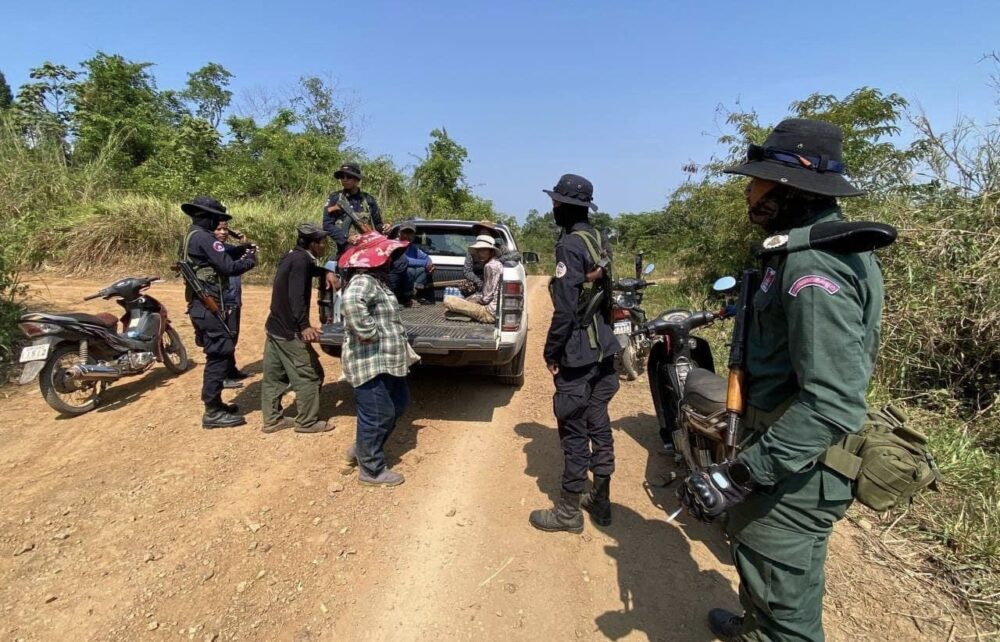At a Central Committee Congress held over the weekend, leaders of the ruling Cambodian People’s Party (CPP) urged the party to strengthen any shortcomings and gain public confidence in preparation for next year’s national election.
Some 3,474 participants from top level to grassroots joined the Phnom Penh meeting to review the outcome of the June 5 commune council election, which the party won by landslide, and set the direction toward the 2023 national election.
The congress “calls on the party working group from grassroots to party’s committees at all levels to continue to promote effective activities to strengthen the party, connect with the grassroots and strive to serve the people wholeheartedly,” read a statement released after the session.
According to the statement, the party also continues to support Hun Sen as the next prime minister and endorse his son, Hun Manet, who currently holds a top military position, as the future prime minister candidate.
“We need to prevent… activities that intend to destroy peace, political stability, securities, and public order,” the statement noted.
The party said it wished to see all political parties, civil society, and the public closely cooperate to create a better political environment for next year’s national election.
Political parties and NGOs said they welcomed the CPP’s commitment to a free and fair election, but stressed implementation is needed to do so.
Thach Setha, vice president of the opposition Candlelight Party said that thus far the CPP has not shown a desire to cooperate with other political parties — rather, it’s been using the court system to silence critics.
Setha pointed to the recent lawsuit filed by the CPP against Candlelight Party vice president Son Chhay, seeking $1 million for harming the CPP’s reputation after Chhay raised questions over voting irregularities.
“It’s good to be a real democracy, but what they said is just for fun because the CPP can do whatever they want,” he said.
According to Setha, a Candlelight Party activist was brutally attacked and seriously injured on July 17, two days after he publicly supported Chhay’s case.
“Perpetrators were not brought to justice, we want a solution to ensure that elections are transparent, without violence and intimidation,” he said. “This would create a political environment getting even worse for the 2023 national election.”
Political analyst Em Sovanara said the statement made by the CPP’s central committee serves just as a political message and little more.
“Measures have been taken against civil society, journalists, human rights activists, and environmental activists,” he said. “It is only a theory and a political message to attract public attention and international opinion, but the practice is within a different framework.”
A group of opposition parties last week urged the government to move forward with wide-ranging election reforms for the next year’s national ballot after finding numerous alleged problems with June’s commune elections, including credible allegations of intimidation, violence, and legal harassment.
Ny Sokha, president of local rights group Adhoc, said the public, civil societies, and political parties want to see Cambodia follow the democratic path with free and fair elections.
“So far, we have not seen any implementation that shows the public both local and international believe the electoral process is free and fair,” he said. “The government often claims that those arrested are criminal actors, but it was not a matter of law enforcement, and it was a restriction of freedom and intimidation of political activities.”
The government recently drafted a constitutional amendment on how the prime minister is chosen, which critics say allows the CPP to further consolidate power and will make it easier for Prime Minister Hun Sen to appoint Manet as the Kingdom’s next premier.
CPP’s spokesman Sok Eysan said the party’s strategy had not changed.
“But what we need to do more is to encourage grassroots teams to be more responsive to requests, needs, as well as local development,” he said. “We need to change the working attitude of party officials to be closer to the local people to attract more support for the party.”
Eysan declined to comment on any questions related to Manet during the congress saying that it was an internal party matter. However, he said the possibility of including Manet as a member of the National Assembly would be based on the party’s actual needs.
“I think 2023 is likely to be possible, but the problem is that between the need of national defense and parliament members, which one is higher, so it depends on the decision of top leadership,” he said.
He dismissed the allegations made by opposition groups, civil society, and analysts, saying that analysts and civil society are already biased toward opposition.
“Ask if those arrested activists [were arrested] because of a legal act or they violate the law? If we are not enforcing the law, where is the democracy and the rule of law?”


